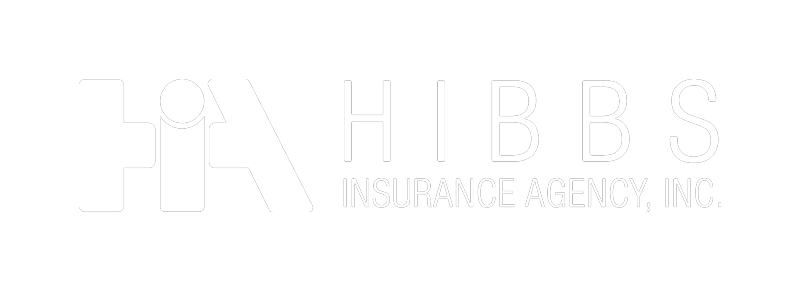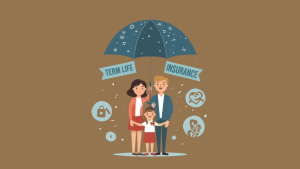How Does Term Life Insurance Work?
Life insurance is one of the most important ways to protect the people you love, but understanding all the different types of coverage can feel overwhelming. One of the most popular and affordable options is term life insurance.
At Hibbs Insurance, we believe in making insurance simple to understand, so here is a breakdown of what term life insurance is, how it works, and whether it might be the right choice for you.
What Is Term Life Insurance
Term life provides coverage for a set period of time, known as the “term.” Most policies last 10, 20, or 30 years. If you pass away during that time, your beneficiaries receive a lump-sum payment called the death benefit.
If the term ends and you are still living, the policy expires unless you choose to renew or convert it to a permanent life insurance plan.
Term life insurance is designed to give you peace of mind during the years your loved ones might rely on your income the most, such as while paying off a mortgage, raising children, or building savings.
Why People Choose Term Life Insurance
Term life is often the most affordable way to get significant coverage, making it especially popular for young families or anyone just starting out financially.
Here are a few of its main benefits:
Affordable Premiums: Term policies usually cost less than permanent or whole life coverage.
Simple Coverage: You choose the term length and coverage amount that fits your needs.
Flexible Options: Many policies allow you to convert to a permanent plan later if your needs change.
Income Protection: It ensures your family can maintain financial stability if something unexpected happens.
How Much Life Insurance Do You Need
The amount of coverage you need depends on your financial situation and long-term goals. A good rule of thumb is to have a policy that covers 10 to 12 times your annual income, or enough to pay off major debts like your home, student loans, or other financial obligations.
Your agent can help you calculate the right amount based on your age, income, dependents, and lifestyle.
What Happens When the Term Ends
When your policy’s term expires, you typically have three options:
- Renew the Policy: You can extend your coverage for another term, though your premiums will likely increase based on your current age.
- Convert to Permanent Insurance: Some term policies allow you to convert to a whole life or universal life plan, which provides lifelong coverage and builds cash value.
- Let the Policy End: If you no longer need life insurance, you can allow the policy to expire with no further payments.
It is a good idea to review your coverage every few years or after major life changes to ensure your policy still meets your needs.
Is Term Life Insurance Right for You?
It may be the right fit if you:
- Want affordable coverage for a specific period of time
- Need protection for your family while paying off debts or raising children
- Prefer a simple, straightforward policy without extra investment features
If you want lifetime coverage or are interested in building cash value, a permanent policy may be a better option.
Final Thoughts
Term life insurance offers simple, reliable protection when your loved ones need it most. It provides peace of mind knowing that your family’s financial future will be secure even if life takes an unexpected turn.
At Hibbs Insurance, we are here to help you find a life insurance plan that fits your goals, budget, and stage of life.
Ready to explore your options? Contact our team today to learn more about term life and get a personalized quote.





